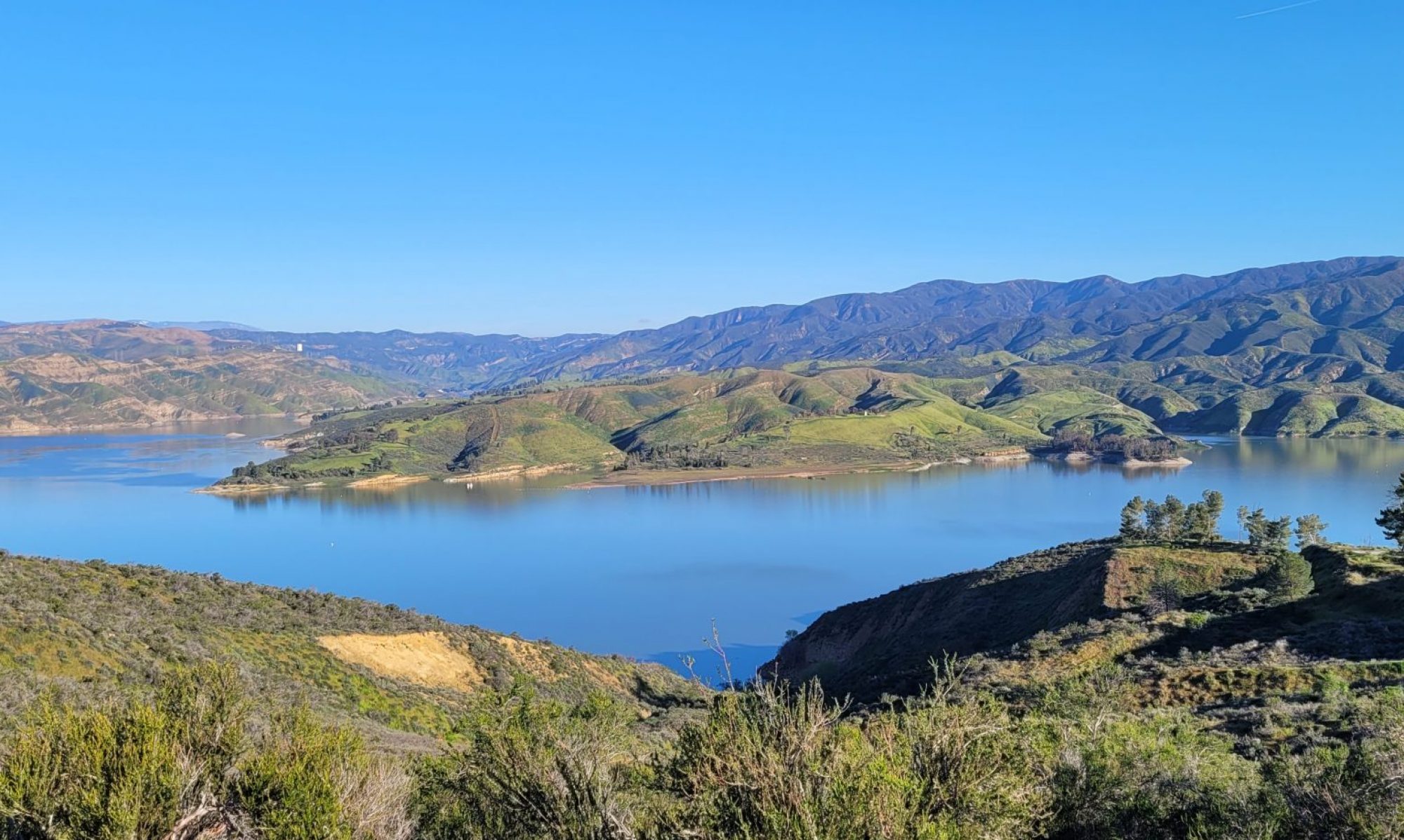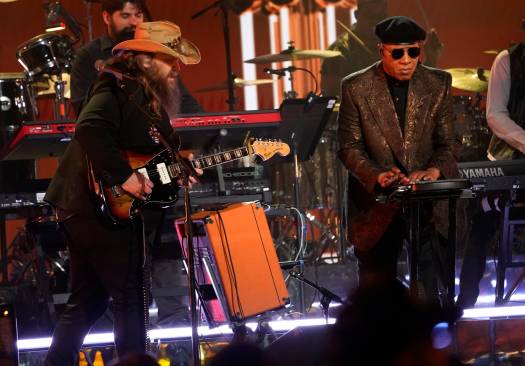One of the things that I have learned in studying history is that so many people want to control what is studied as history.

I can’t let the end of Black History month pass without talking about the controversy over the AP African American studies class. The bottom line is: we all need to encourage the expanded teaching of AP African American Studies.
On the first day of Black History month, the leader of the College Board announced to the press that the pilot AP high school course, which they had been working on for years, was in its final stage of adjustments. The press headlines were “The College Board Strips Down Its Curriculum…” and “College Board Removes Black Lives Matter…” This was not true, but it didn’t matter.
As if on cue–as if he’d been prepared for this announcement –the racist, homophobic, misogynist governor of Florida… did I forget to mention that this essay may bend my rules against politics a little? it’s important… anyway, someone running for President decided to use this announcement to claim that the College Board was modifying the class BECAUSE of pressure from the Racist Homophobic Misognist party that he represents (name withheld but you know who I mean). It is true that Florida had threatened, railed, and griped about having an AP African American Studies class at all. That College Board leaders, after meeting with Florida Department of Education leaders for months, had been surprised that it was a political, not non-partisan, children-oriented group.
All of this means it’s time to provide some fact facts. What’s in this mysterious African American Studies? What is the role of AP classes ? Why didn’t the College Board see this coming? And does this politicization of history matter? And do we know much about African American history besides Harriet Tubman and “I Have a Dream”?
Did you know that in the Civil War, thousands of Blacks crossed dangerous war zones to get across the Union lines. There, they formed refugee camps; the generals called them “contraband” and did not know what to do with them, although some of the first rules regarding emancipation were military regulations. In the camps, hundreds suffered from starvation, disease, rape. While men crossed at first, they were eventually deployed into the army until some 20% of Union soldiers were Black. In the latter stages of the war, the camps were mostly women and children.
See Chandra Manning’s What This Cruel War Was Over.

The History of African American Studies
The teaching of U.S. history about something other than presidents, wars, business leaders (surely, you studied robber barons) and political parties has taken a long time. Some of the biggest changes emerged out of the Civil Rights movement of the 1960s. Officially, San Francisco State University claims credit for hosting the first class in African American studies in 1969, but it was the downstream impact of college student organizing that had been years in the making. Protests at elite schools like Berkeley and Yale led to conversations about a whole wave of new coursework.
“Conversations” at times turned into sit-ins and lockdowns eventually led to Asian American Studies, Women’s Studies, and other disciplines joining African American Studies in the 1970s. The key to all of them was college level rigor. In order to persuade college deans, the coursework had to be demanding, even though many called the courses “Mickey Mouse.” Reading lists were long, heavy on theory, sociology, and political science. Intellectual leaders like W. E. B. DuBois featured prominently.

Du Bois used a conceptual framework that addressed the dual nature of the world African Americans (“Africana” he called them) inhabited, called the Double Consciousness. As Professor Aldon Morris puts it, “Du Bois was the first sociologist to articulate the agency of the oppressed.” He wanted to put science and rigor into sociology, to make it a study able to “generate social change.”
While the elite schools were among the first to drive change, schools around the country–smaller, local, state, and otherwise–added coursework. North Carolina State, for example, just celebrated its 50th anniversary since the addition of “Black Studies.” Yet, as the controversy over the AP classes demonstrates, people still object to the teaching of anything historical that doesn’t circle around the people on Mount Rushmore or how America saved the world in World War I.

Did you know that during the latter stages of the Civil War, hundreds of Northern white women went South to be “teachers” or caretakers of former slave plantations, confiscated as government property by the Union. Some called themselves “mistress for a day,” and others had themselves photographed with freed black children so they could envision themselves as “white mothers to a black race.” Laura Matilda Towne, lauded for “ministering to the freed slaves,” also took a salary while refusing to pay the freed Blacks who farmed the land. She claimed that the food they cultivated was their pay, as it belonged to the Union government.
See Thavolia Glymph, The Women’s Fight.
Ivory Towers and the College Board
The College Board itself was formed in 1900 to promote higher education, which sounds like lobbying, though it has morphed into promoting tests to get into higher education. The original impetus for Advanced Placement happened in the 1950s, just as colleges were starting to grow, particularly due to soldiers attending on the GI bill. From the start, the idea was to provide more advanced material to high school students, college-level rigor in high school, which could also provide college credit.
At first the tests were free. Even a few decades ago, the test was still around $25-$30, though by the 2010s, it had risen to $90 per test. What started as just ten subjects (including Latin) had grown to 37 subjects by 2019, the year before the pandemic turned all education on its head.
In 2019, 1.24 million tests were administered; 764 thousand students scored a “3” or higher, meaning they received college credit. For those who complain about the cost of the test, the average college class costs about $600, nationwide. Since tuition is much higher at top schools–$60,000 a year now–the cost might run closer to $6000 per class. That’s still a good trade for $90.
AP African American Studies took years to develop by the College Board and was in a pilot phase at several hundred high schools. The Board doesn’t quantify the number of students yet, but in some pilot schools, the class was popular enough to offer two sessions. So that could be a few thousand students already eager to study rigorous, college-level history.
Here are a few other statistics. Close to 500,000 took AP U.S. History in 2019 and 380,000 in AP English. Nearly all colleges require U.S. History and a beginning English class, so those are likely the most popular high school offerings. Art History: 24,000. Music Theory: 16,000. Japanese Language & Culture: 2,000. Does anyone have concerns that it’s worth it for 16,000 students to focus so heavily on Music Theory? What about the 100,000 taking European History? A hundred thousand people obsessing about the Hanseatic League, the Year of the Five Emperors, and Frederick Barbarossa. Why aren’t we talking a little more about whether it’s relevant to teach the Holy Roman Empire?
Did you know that early leaders of Los Angeles were so dismayed by the large existing population of Spanish and influx of Asians migrating from the West and Blacks fleeing Jim Crow laws in the East that they heavily advertised for white families, calling the region the “New Eden for the Saxon Homeowner.” They routinely included restrictive racial housing covenants the prevented non-whites from moving into neighborhoods until the 1940s when the Supreme Court ruled them unconstitutional.
See Scott Kurashige The Shifting Grounds of Race
Why the College Board Seemed So Tone Deaf
Perhaps the Board just got caught up in the success of their work on AP African American Studies. The course was years in development and appeared to be headed for a successful launch. Despite meeting with some state boards that never liked the idea in the first place, never wanted to teach anything but Washington and how the Civil War was about economics and how America saved the world in World War II, the Board tried to listen to all sides when developing the class. The reason they made an announcement on the first day of Black History Month was not because they were tone deaf but precisely because they thought they were triumphantly announcing how the course was moving forward. They did announce that material was being cut back, but that was always the plan, to have teachers carve time out for students to complete a focused research project. Much like college, much less like studying just for the test.
Their announcement on February 1st was that “everyone is seen,” that the course would allow teachers to cover “Black women and men, gay Americans…people of faith from all backgrounds.” It was not an announcement that they would be omitting Black Lives Matter or James Baldwin. After Florida claimed credit for making them change the course, which was simply not true, they were pissed. “Our lack of clarity allowed the narrative to arise that political forces had “downgraded” the role of these contemporary movements and debates in the AP class.”
In four states, led by governors of the party that doesn’t want to seem to teach AP African American Studies, the education departments have been reviewing the course material to make sure it doesn’t violate their restrictions on lessons about race and racism. I wonder if they have restrictions on teaching about the Edict of Nantes or the Inquisition. I wonder if those folks know the word pogrom.
Did you know that lynchings of Black men in the South happened two or three times a week in the 1890s?
See Kidada Williams They Left Great Marks on Me

When I first read the stories about the College Board announcements on February 1st, I thought they were idiots for playing into the hands of the racists. But now I think they’ve known all along what an uphill battle they were fighting, and that they would never get to control the public narrative.
What really matters in the end, as they have said, is that the teachers themselves will have control over exactly which authors are read and how the subjects are discussed. High school students can be smarter than people give credit, smarter certainly than politicians running for office. They may find their own way to the library and the forbidden ideas with just a few encouraging words by good AP African American Studies teachers. Who, by definition, already know how controversial it is each just to try and teach the truth.



